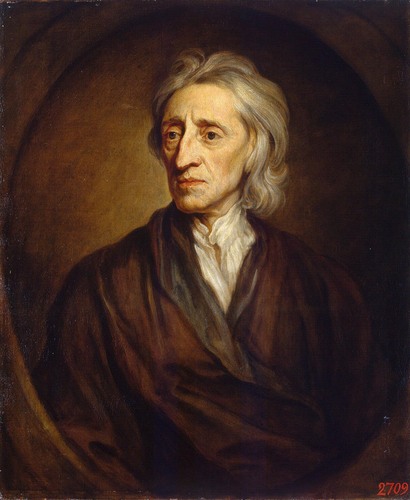Chapter 5 | The spirit of Independence | U.S. History
5.0(1)
Card Sorting
1/29
Earn XP
Description and Tags
Last updated 12:42 PM on 11/2/22
Name | Mastery | Learn | Test | Matching | Spaced | Call with Kai |
|---|
No analytics yet
Send a link to your students to track their progress
30 Terms
1
New cards
Redcoats
A name for the British troops who fought against the colonists. They received this name because of the red coats they wore.
2
New cards
Boston Tea Party
British East India Company shipped 3 ships to Boston and demanded they be unloaded. At midnight on December 16, 1773 the Boston Sons of Liberty dressed as Native Americans and boarded the ships. They threw 342 chests of tea overboard.
3
New cards
Battles of Lexington and Concord
The first fighting between the British troops and the colonial militia took place here. Eight minutemen died at Lexington. Another small battle occurred at the North Bridge in Concord.
4
New cards
Revenue
Incoming money from taxes or other sources.
5
New cards
Boston Massacre
A violent and tragic encounter between the Bostonians and soldiers. The angry townspeople started throwing sticks and stones at the soldiers. This caused the soldiers. This caused the soldiers to fight back. They killed 5 colonists.
6
New cards
Boycott
To refuse to buy items in order to protest certain actions or to force acceptance of one's terms.
7
New cards
John Hancock
The first person to sign the declaration of Independence
8
New cards
Sons of Liberty
A group of protestors in Boston. They were responsible for numerous protests, one of which was their participation in the Boston Tea Party. They were responsible for throwing the tea off the ships.
9
New cards
Sugar Act
This act was passed by Parliament in 1764. It lowered the tax on the molasses the colonists imported. It also allowed officers to seize goods from accused smugglers without going to court.
10
New cards
Stamp Act
This act was passed by Parliament in 1765. This law taxed almost all printed materials. Newspapers, wills, and playing cards needed a stamp to show that the tax had been paid.
11
New cards
Proclamation of 1763
This order was issued by King George lll. It prohibited colonists from living west of the Appalachian Mountains, on Native American land.
12
New cards
British East India Company
This company was vital to the British economy. The colonists refused to import their tea. They eventually had total control of the market for tea. They continued shipping tea to Boston despite warnings
13
New cards
Fort Ticonderoga
This was located near Lake Champlain and was stocked with military supplies. The Patriots took the British by surprise and the fort surrendered on May 10, 1775.
14
New cards
Minuteman
a civilian during the Revolutionary era, sworn to be ready to fight with only one minute's notice
15
New cards
loyalist
An American colonist who remained loyal to Britain and opposed the war for independance
16
New cards
Thomas Paine
He wrote a pamphlet called "Common Sense." This had a great influence on public opinion in the colonies
17
New cards
Patriot
American colonist who favored American independence.
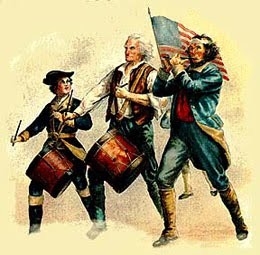
18
New cards
Thomas Jefferson
He was asked to write the first draft of the declaration of independence. He used ideas from various philosophers to write this draft.
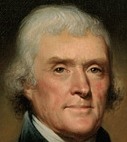
19
New cards
Declaration of Independence
This was adopted by the Second Continental Congress
on July 4, 1776. This document, drafted
by Thomas Jefferson, announced that
the 13 colonies regarded themselves as
independent states, no longer under
British rule.
on July 4, 1776. This document, drafted
by Thomas Jefferson, announced that
the 13 colonies regarded themselves as
independent states, no longer under
British rule.
20
New cards
Paul Revere
Member of the Sons of Liberty. He galloped to Lexington to spread the word that the British were coming. He was captured by British Patrol.
21
New cards
George Washington
An experienced soldier. He was unanimously chosen to command the Continental Army.
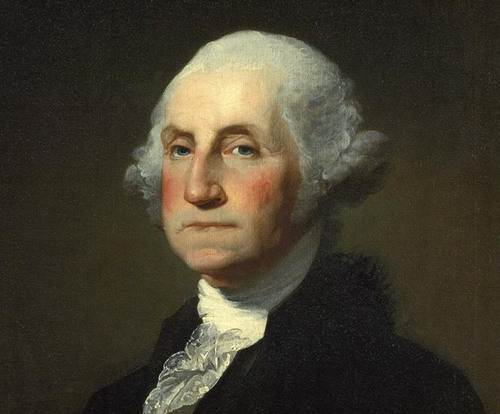
22
New cards
Repeal
To cancel an act or law
23
New cards
Rebellion
Open defiance of authority
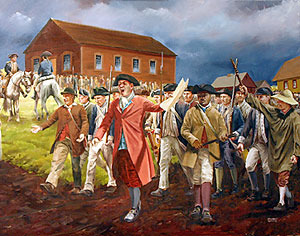
24
New cards
Resolution
An official expression of opinion by a group.
25
New cards
Tea Act
The British Parliament passed this act to help save the British East India Company. This act gave the company nearly total control of the market for tea in the colonies. It also removed some, but not all of the taxes on tea.
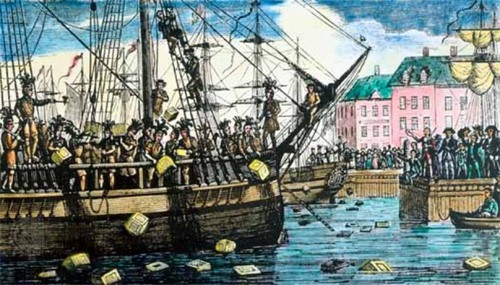
26
New cards
Committee of Correspondence
An organization that spread political ideas and information though Britain's American colonies
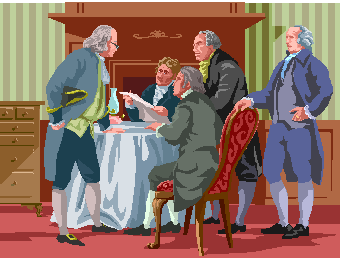
27
New cards
Effigy
A mocking figure representing an unpopular individual
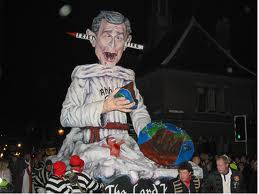
28
New cards
Preamble
The introduction to a formal document that often tells why the document was written.
29
New cards
Second Continental Congress
The delegates met on May 10, 1775. At this meeting they authorized the printing of money and set up a post office. They also formed committees to handle relations with Native Americans and foreign countries. It also created the Continental Army and chose George Washington to command this army.
30
New cards
John Locke
An English philosopher who expressed the idea that people are born with natural rights to life, liberty, and property. He stated that people form governments to protect those rights
